Five weeks after the three major record labels filed filed lawsuits against A.I. music startups Suno and Udio, accusing them of “trampling the rights of copyright owners,” Suno fired back Thursday in a legal filing, acknowledging that they trained their music-generating model on copyrighted music — while insisting that doing so was legal under fair-use doctrine.
“What the major record labels really don’t want is competition,” Suno’s attorneys wrote in their answer to the label’s complaint. “Where Suno sees musicians, teachers, and everyday people using a new tool to create original music, the labels see a threat to their market share.” (Rolling Stone has reached out to the labels’ trade organization, the RIAA, for comment.)
Suno allows users to create songs simply by typing descriptions, and in its latest version, also offers the option to have its AI model expand upon uploaded sound files. According to Suno’s filing, the company trained its neural network on “tens of millions” of recordings — all music available on the “open Web,” which would include the millions of copyrighted songs available on YouTube and elsewhere. “It is no secret,” the filing states, “that the tens of millions of recordings that Suno’s model was trained on presumably included recordings whose rights are owned by the Plaintiffs in this case.” Previously, the company’s management and investors had hinted at the use of copyrighted material in the training process, but had not directly confirmed it.
In their lawsuit, filed June 25, the labels did not allege that songs generated by Suno violate copyrights — instead, they zeroed in on the training process behind them. “Foundational principles of copyright law dictate that copying protected sound recordings for the purpose of developing an AI product requires permission from rightsholders,” the labels’ attorneys wrote. “Suno cannot avoid liability for its willful copyright infringement by claiming fair use. The doctrine of fair use promotes human expression by permitting the unlicensed use of copyrighted works in certain, limited circumstances, but Suno offers imitative machine-generated music — not human creativity or expression.”
In their response to the complaint, Suno’s lawyers call the labels’ argument “confusing,” and argue that the focus on the training process will “prove fatal to Plaintiffs’ claims.” “It is fair use under copyright law to make a copy of a protected work as part of a back-end technological process,” Suno’s response states, “invisible to the public, in the service of creating an ultimately non-infringing new product. Congress enacted the first copyright law in this country in 1791. In the 233 years since, no case has ever— not one single time — reached a contrary conclusion…. The outputs generated by Suno are new sounds, informed precisely by the ‘styles, arrangements and tones’ of previous ones. They are per se lawful.”
Suno’s response also accuses the labels of “misuse of copyright” to suppress competition, and claims they can win the case on those grounds alone. “With the benefit of discovery, Suno will show that even setting the fair use issue aside, Plaintiffs’ pervasive copyright misuse bars their claims altogether,” the response states.
In a blog post that accompanies the filing, Suno argues that its model learns from previous music the same way human musicians do. It also calls the timing of the labels’ lawsuit “somewhat surprising,” since the company had been in discussions with major labels about “expanding the pie for music together.” “We did so not because we had to,” the company writes in the blog post, “but because we believe that the music industry could help us lead this expansion of opportunity for everyone, rather than resisting it. Whether this lawsuit is the result of over-eager lawyers throwing their weight around, or a conscious strategy to gain leverage in our commercial discussions, we believe that this lawsuit is an unnecessary impediment to a larger and more valuable future for music.”
The battle over training data for generative AI models is a broad and ongoing one. The New York Times, for instance, has sued OpenAI, the company behind ChatGPT, making near-identical claims to the major labels’ suit — among other arguments, they allege that the process of copying the Times‘ data to their servers during their training process was a violation of copyright.






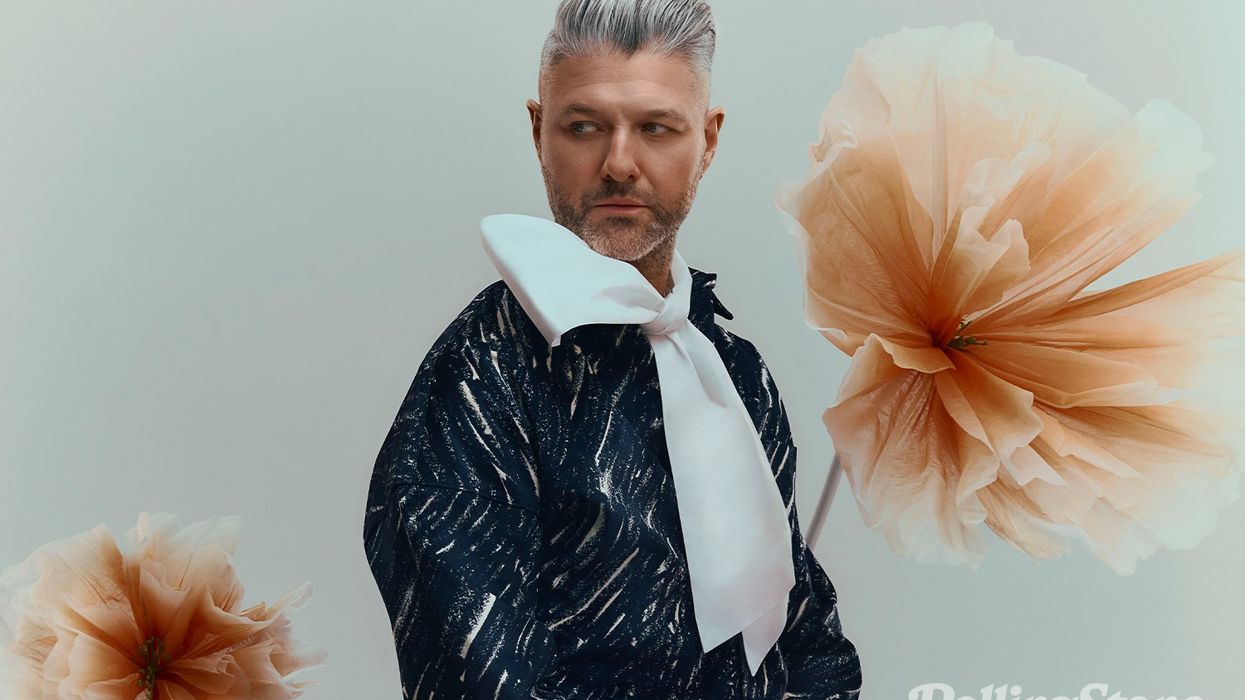
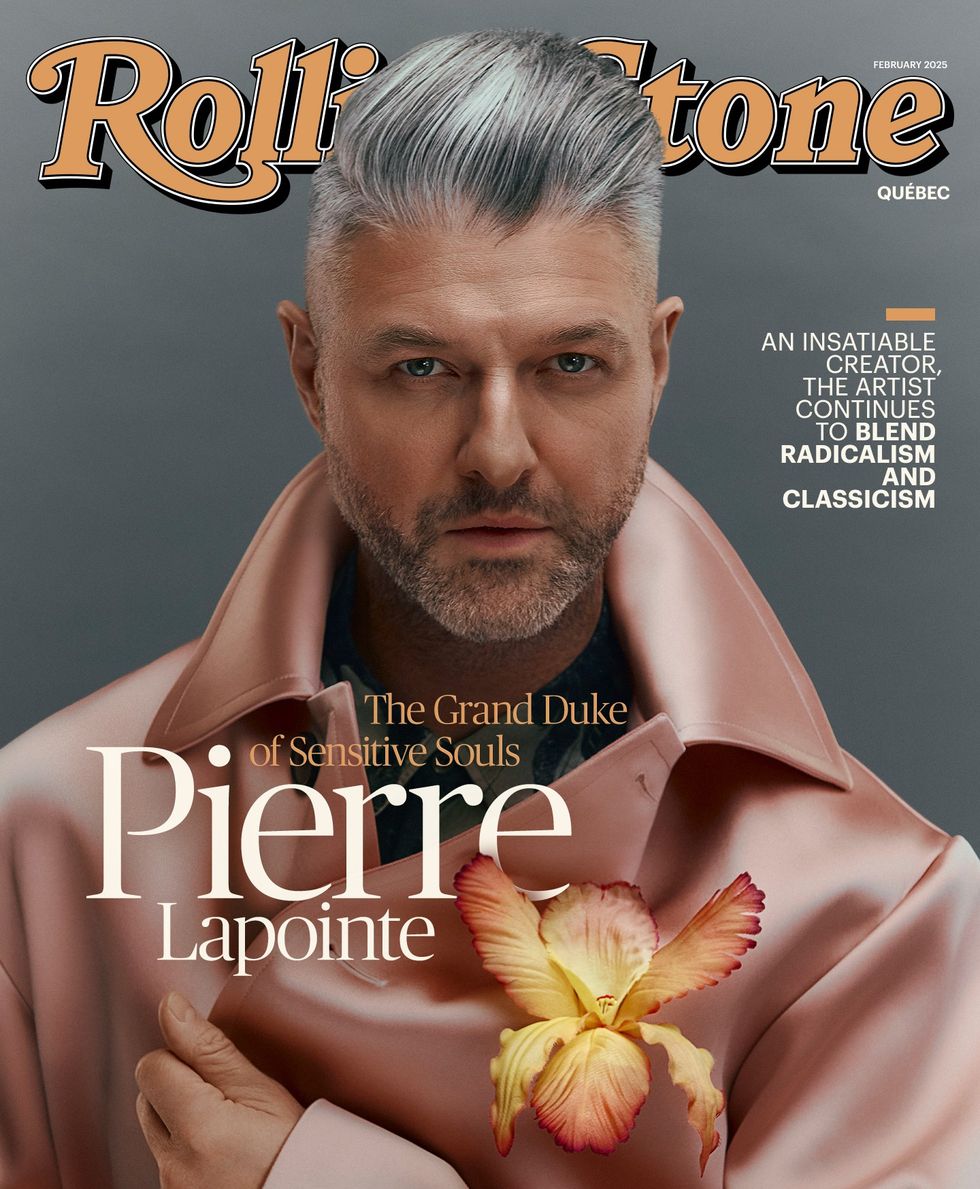 Coat (polyester and wool), shirt (silk), Dries Van Noten, SSENSE.com / Flower (silk), M&S Schmalberg
Coat (polyester and wool), shirt (silk), Dries Van Noten, SSENSE.com / Flower (silk), M&S Schmalberg
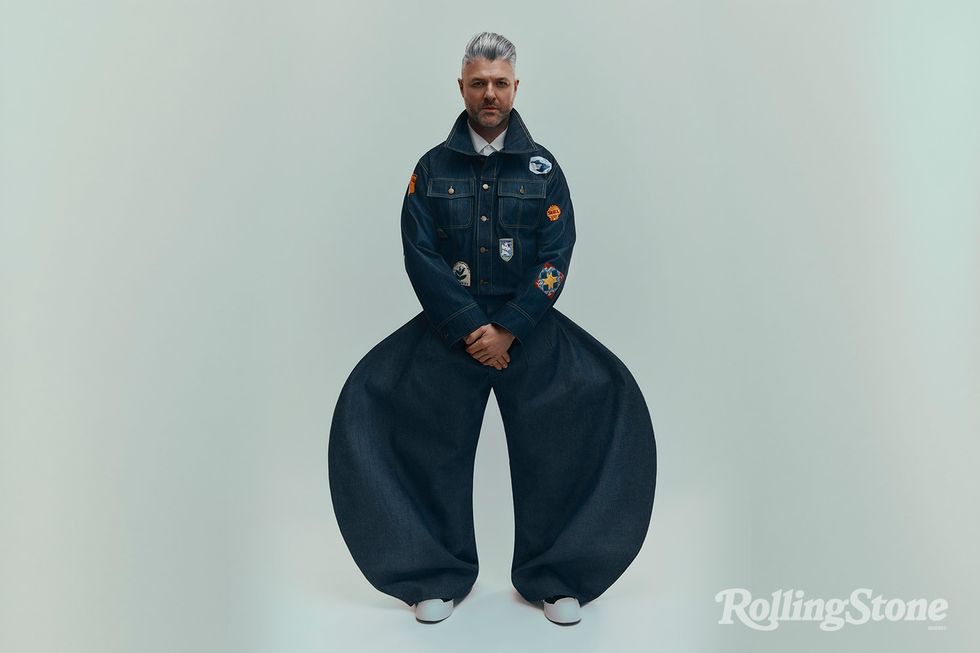 Blouson (denim and hand embroidered patches), WJ Crosson / Shit (polyester), Homme plissé Issey Miyake, Holt Renfrew/Pants from personal collection/ Shoes(canvas), Marni
Blouson (denim and hand embroidered patches), WJ Crosson / Shit (polyester), Homme plissé Issey Miyake, Holt Renfrew/Pants from personal collection/ Shoes(canvas), Marni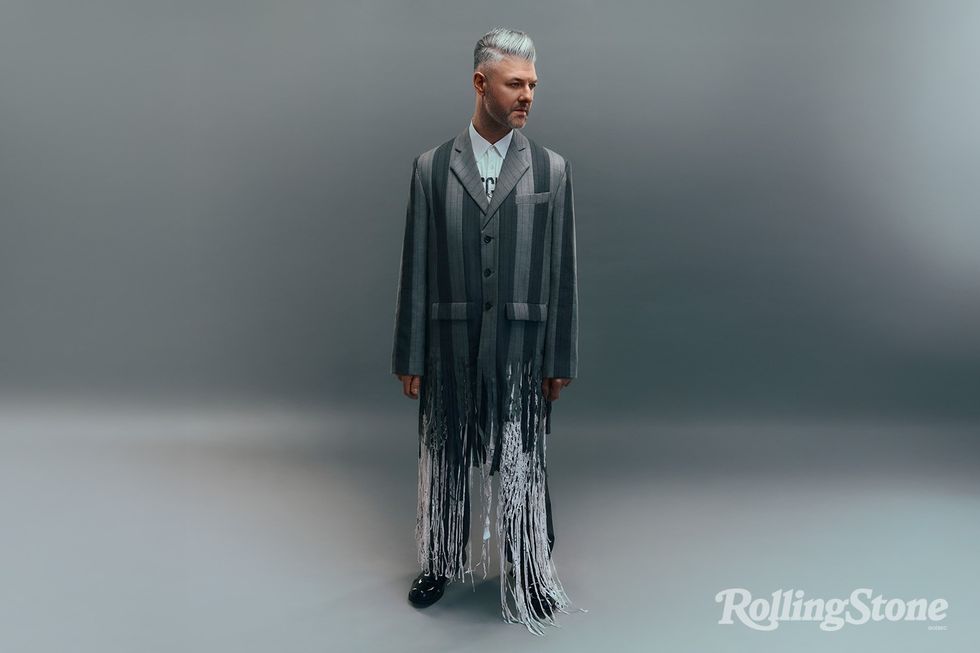 Jacket and pants (virgin wool), shirt (acrylic coated cotton), Moschino / Shoes from Pierre Lapointe's personal collection
Jacket and pants (virgin wool), shirt (acrylic coated cotton), Moschino / Shoes from Pierre Lapointe's personal collection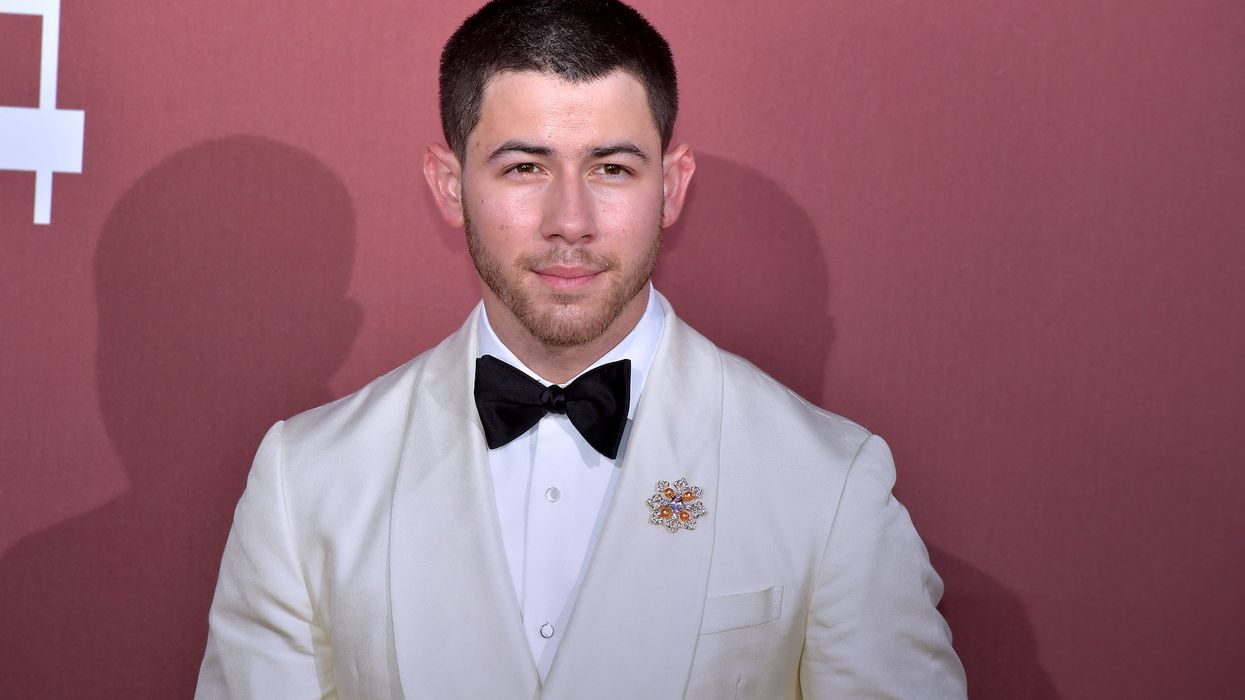
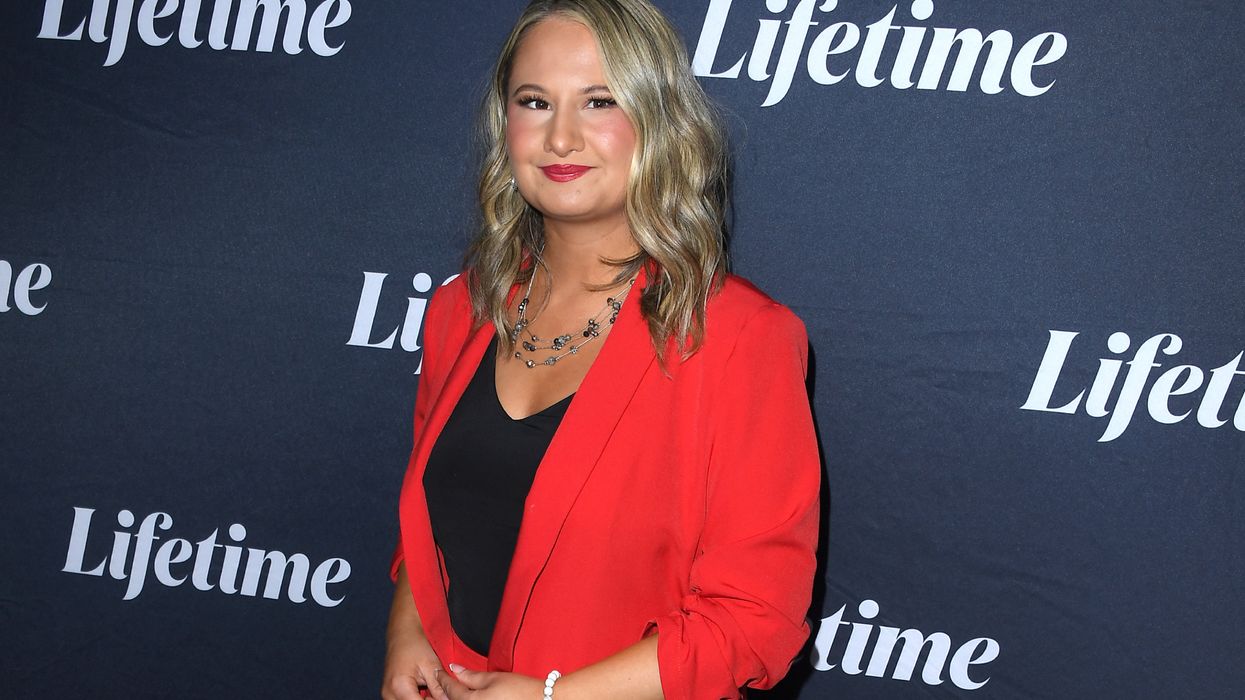


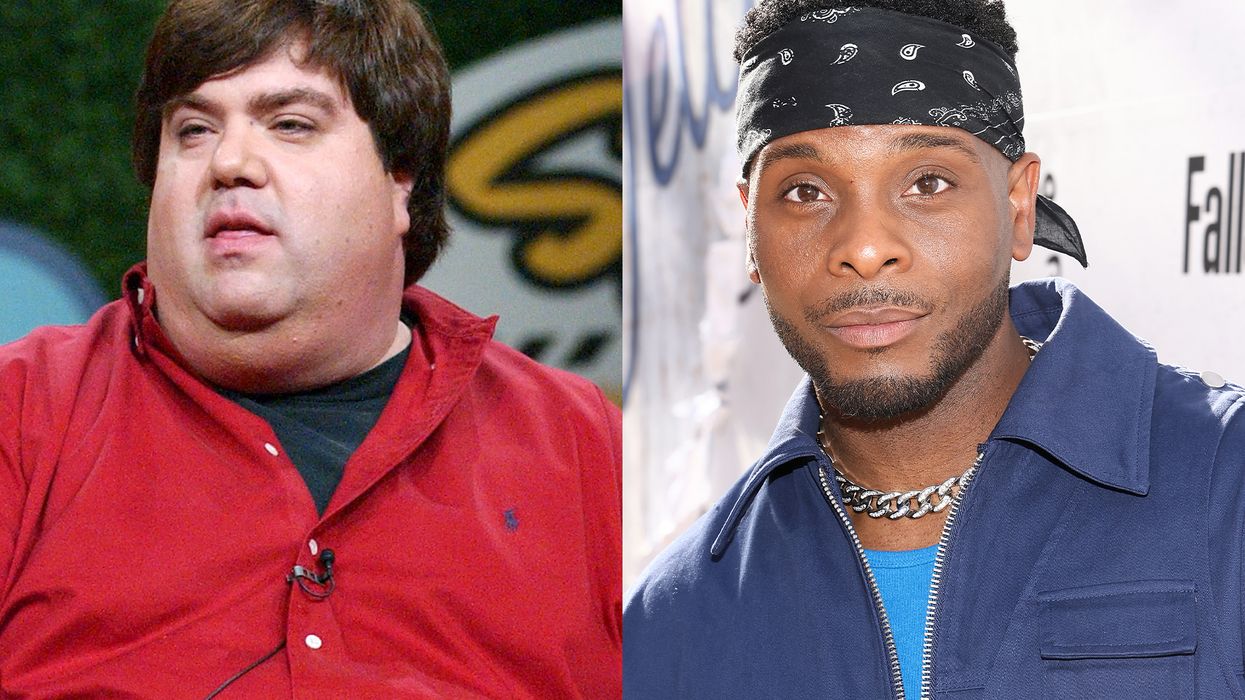


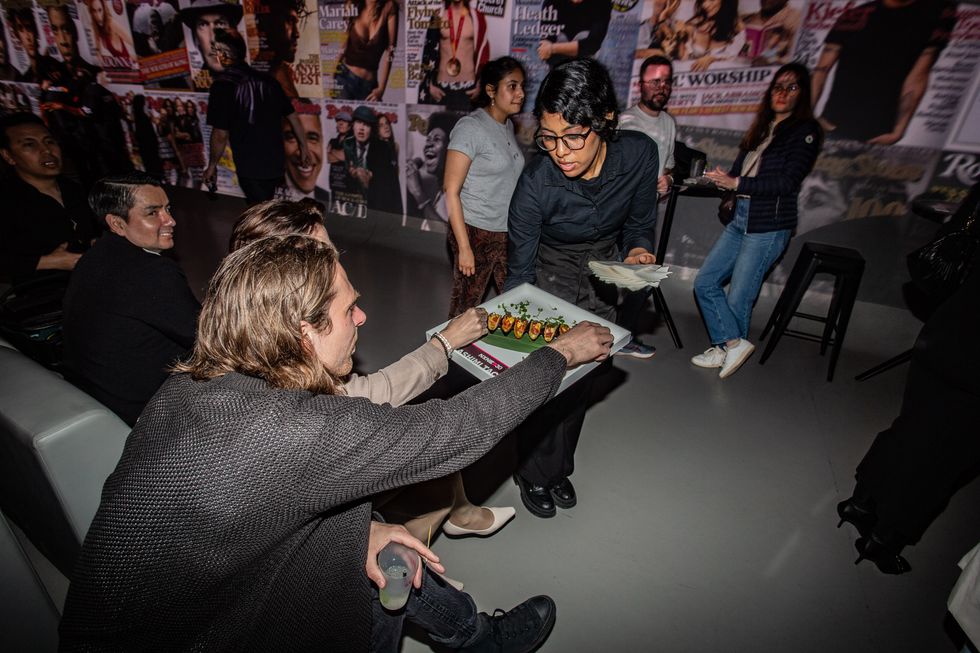 Catering Presented By The Food DudesPhoto by Snapdrg0n
Catering Presented By The Food DudesPhoto by Snapdrg0n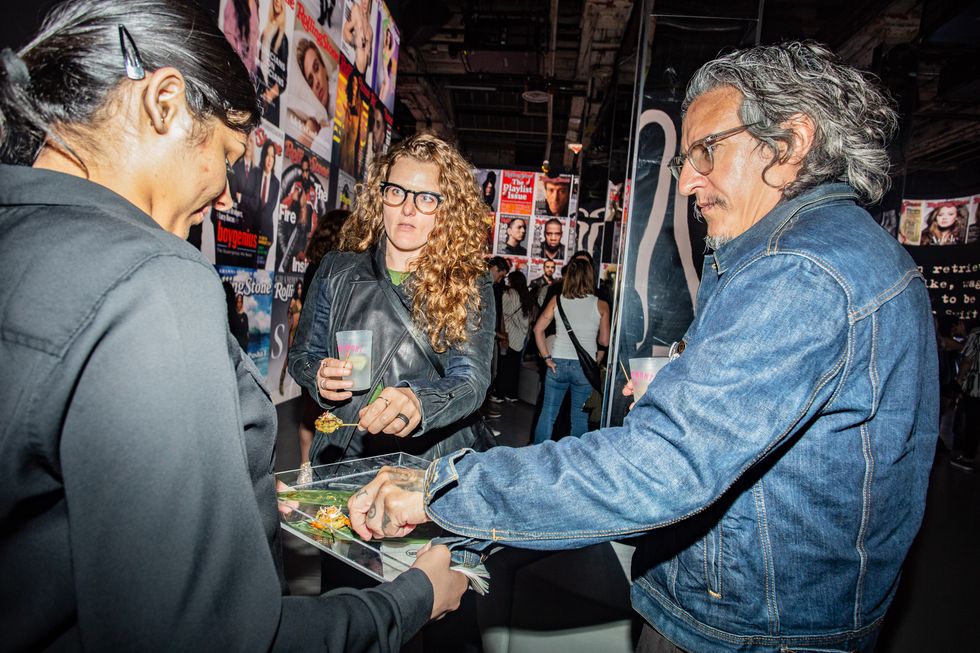 Catering Presented By The Food DudesPhoto by Snapdrg0n
Catering Presented By The Food DudesPhoto by Snapdrg0n Catering Presented By The Food DudesPhoto by Snapdrg0n
Catering Presented By The Food DudesPhoto by Snapdrg0n
 Photographer: Raphaëlle Sohier / Executive production: Elizabeth Crisante & Amanda Dorenberg / Design: Alex Filipas / Post-production: Bryan Egan/ Headpiece: Tristan Réhel
Photographer: Raphaëlle Sohier / Executive production: Elizabeth Crisante & Amanda Dorenberg / Design: Alex Filipas / Post-production: Bryan Egan/ Headpiece: Tristan Réhel Photo: Raphaëlle Sohier
Photo: Raphaëlle Sohier Photo: Raphaëlle Sohier/ Photo production: Bryan Egan/ Blazer:
Photo: Raphaëlle Sohier/ Photo production: Bryan Egan/ Blazer:  Photo: Raphaëlle Sohier/ Blazer: Vivienne Westwood/ Skirt :
Photo: Raphaëlle Sohier/ Blazer: Vivienne Westwood/ Skirt : 

